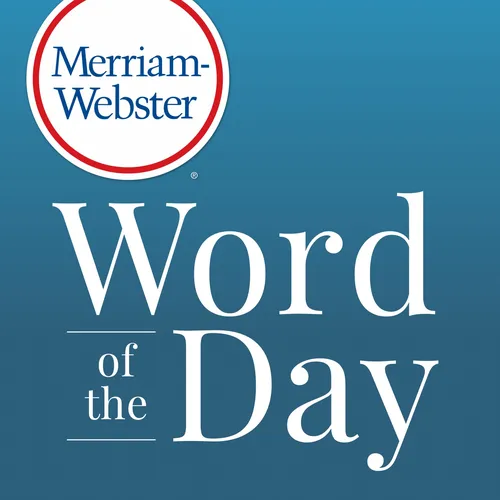quibble
- Author
- Merriam-Webster
- Published
- Tue 29 Jul 2025
- Episode Link
- https://www.merriam-webster.com/word-of-the-day/quibble-2025-07-29
Merriam-Webster's Word of the Day for July 29, 2025 is: quibble \KWIB-ul\ verb
To quibble is to argue or complain about small, unimportant things. Quibble can also mean "to evade the point of an argument by making trivial or frivolous objections."
// Why are you quibbling over such a small amount of money?
// People ignored the main point of the speech and quibbled about its length.
[See the entry >](https://www.merriam-webster.com/dictionary/quibble)
Examples:
"In 'Louisa, Please Come Home,' one of Jackson's most deeply affecting stories, a girl on the cusp of womanhood runs away from home and disappears into a new life in a new city, where she finds a room in a boarding house and a job in a stationery store. Jackson's agent, who judged it 'a powerful and brilliant horror story,' quibbled with her decision to leave the character's motive unexplained, but it's clear that Louisa doesn't need a reason to run away. She wants simply to disappear …" — Ruth Franklin, introduction to The Lottery and Other Dark Tales by [Shirley Jackson](https://www.britannica.com/biography/Shirley-Jackson), 2025
Did you know?
There's not much to quibble about when it comes to the origins of the verb quibble: it followed the noun [quibble](https://bit.ly/44ejk2F), meaning "an evasion of or shift from the point" and "a minor objection or criticism," into the language in the mid-17th century. That word is likely a diminutive of a now-obsolete noun quib, also referring to an evasion of or shift from the point. Quib, in turn, likely comes from a form of Latin qui, meaning "who," that is also a distant relation of our word [who](https://www.merriam-webster.com/dictionary/who).
